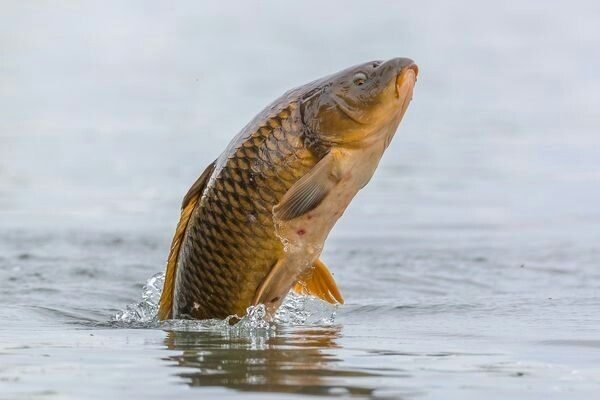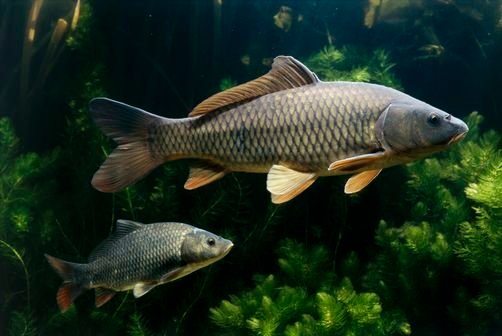In the pursuit of carp fishing, beyond the thrill of the catch and the joy of the sport lies a responsibility to the environment and the creatures that inhabit it. Ethical considerations form the foundation of responsible angling practices, guiding anglers to interact with nature in a manner that promotes conservation, sustainability, and respect for all living beings. From catch and release principles to the mindful use of tackle, these ethical considerations underscore the importance of harmonizing our passion for fishing with our duty to preserve the delicate balance of aquatic ecosystems. Let us delve into these ethical tenets, exploring how they shape our approach to carp fishing and enhance our connection to the natural world.


By following these ethical considerations, anglers can enjoy carp fishing responsibly while contributing to the conservation and sustainability of fish populations and aquatic ecosystems.
Catch and Release: Consider practicing catch and release, especially with larger carp, to help sustain healthy fish populations. Handle fish carefully, minimize stress, and return them to the water promptly to ensure their survival.
Respect Wildlife: Be mindful of the surrounding wildlife and ecosystem while fishing. Avoid disturbing nesting birds, sensitive habitats, or protected species. Dispose of fishing line, trash, and bait responsibly to prevent harm to wildlife.
Use Proper Tackle: Use appropriate tackle and equipment suited for carp fishing to minimize the risk of injury to fish. Ensure hooks are barbless or properly debarbed to facilitate easier hook removal and reduce harm to fish.
Respect Fisheries Rules and Regulations: Familiarize yourself with local fishing regulations, including catch limits, size restrictions, and designated fishing areas. Adhere to these rules to help conserve fish stocks and maintain a sustainable fishery.
Minimize Environmental Impact: Avoid damaging aquatic vegetation, bankside vegetation, or sensitive habitat features while fishing. Use designated fishing platforms or bankside areas where available to minimize disturbance to the environment.
Keep Fish Wet: When handling fish, keep them wet to prevent excessive stress and maintain their protective slime coat. Use a wet landing net, wet hands, or a wet towel to handle fish gently and minimize damage to their skin and scales.
Respect Other Anglers: Practice good sportsmanship and respect other anglers sharing the water. Avoid crowding or interfering with neighboring anglers’ fishing spots, and be courteous and considerate on the bankside.
Educate Others: Share your knowledge and passion for ethical fishing practices with others, including fellow anglers, newcomers to the sport, and members of the community. Encourage responsible angling practices and conservation efforts to protect fish and their habitats for future generations.
As we conclude our exploration of ethical considerations in carp fishing, let us reflect on the profound impact that responsible angling practices can have on the health and vitality of our aquatic ecosystems. Each of us, as stewards of the environment, holds the power to make a positive difference through our actions on the water. By embracing principles such as catch and release, respecting wildlife, using proper tackle, adhering to regulations, and promoting responsible angling, we not only safeguard the future of fish populations but also nurture a deeper appreciation for the interconnectedness of all life forms. Let us carry forward these ethical ideals as we continue our journey as anglers, knowing that by honoring the natural world, we enrich not only our own experiences but also the legacy we leave for future generations of carp enthusiasts. Together, let us cast our lines with reverence, knowing that in doing so, we contribute to the enduring beauty and sustainability of our precious aquatic habitats.